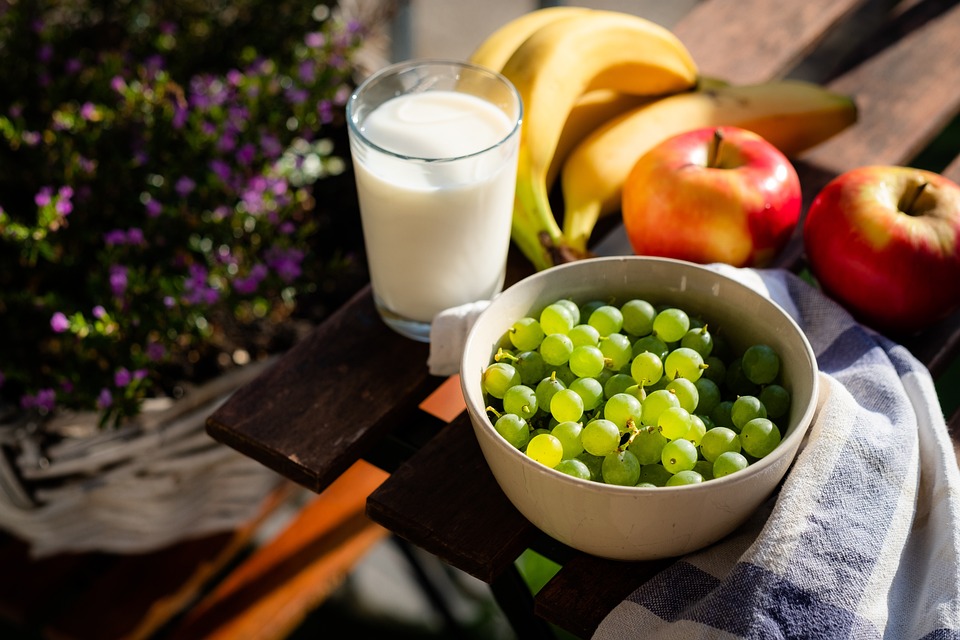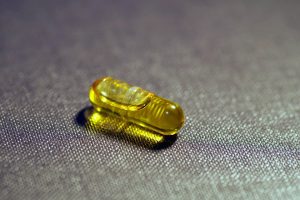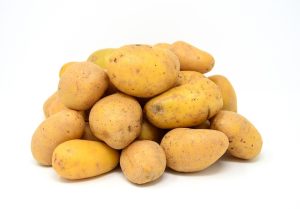
Mastering Kitten Nutrition: A Comprehensive Guide to Feeding Your Feline Friend for Optimal Health and Behavior
Welcoming a new kitten into your home is an exciting experience, but it comes with a significant responsibility to ensure your furry friend grows up healthy and happy. One of the most critical aspects of kitten care is nutrition. Proper feeding not only supports your kitten’s physical development but also influences their behavior and overall well-being. This comprehensive guide will provide valuable insights and practical advice on mastering kitten nutrition, designed for both new and experienced cat owners.
Understanding Kitten Nutritional Needs
Kittens have unique nutritional requirements different from adult cats. They need a diet rich in proteins, fats, vitamins, and minerals to support their rapid growth and development. Here’s a breakdown of essential nutrients for kittens:
- Proteins: Essential for growth and development, proteins are the building blocks of muscles, tissues, and organs. Animal-based proteins like chicken, fish, and beef are ideal for kittens.
- Fats: Provide energy and support the absorption of fat-soluble vitamins. Omega-3 and Omega-6 fatty acids are important for brain development and maintaining a healthy coat.
- Vitamins and Minerals: Critical for various bodily functions. Calcium and phosphorus are particularly essential for strong bones and teeth, while vitamins like A, D, E, and B-complex support overall health.
- Water: Hydration is crucial for all cats. Ensure your kitten has access to fresh, clean water at all times.
Choosing the Right Kitten Food
When it comes to selecting the right food for your kitten, you have two primary options: dry kibble and wet canned food. Each type has its benefits and drawbacks.
Dry Kibble
- Pros: Convenient, cost-effective, and helps promote dental health by reducing plaque buildup.
- Cons: Lower moisture content, which may not provide enough hydration.
Wet Canned Food
- Pros: Higher moisture content, which aids hydration and can be more palatable for picky eaters.
- Cons: More expensive, requires refrigeration after opening, and can contribute to dental issues if not paired with dental care.
Many cat owners opt for a combination of both dry and wet food to provide a balanced diet and cater to their kitten’s preferences.
Feeding Schedule for Kittens
Establishing a consistent feeding schedule is vital for your kitten’s health and behavior. Here’s a general guideline:
- 6-12 weeks old: Four meals per day. Kittens at this age need frequent, small meals to support their fast metabolism.
- 3-6 months old: Three meals per day. Gradually reduce the number of meals as your kitten grows.
- 6-12 months old: Two meals per day. By this age, your kitten should be transitioning to an adult feeding schedule.
It’s essential to follow the feeding instructions on the food packaging and consult your veterinarian for personalized advice based on your kitten’s specific needs.
Understanding Portion Control
Overfeeding or underfeeding your kitten can lead to health issues. To determine the right portion size, consider factors such as your kitten’s age, weight, activity level, and the type of food you are providing. Monitor your kitten’s body condition and adjust portions as needed. Your veterinarian can offer guidance on appropriate portion sizes.
Transitioning to Adult Cat Food
Kittens typically transition to adult cat food around 12 months of age. At this stage, their growth rate slows down, and their nutritional needs change. When transitioning, do so gradually over a week by mixing increasing amounts of adult food with kitten food to prevent digestive upset.
Special Considerations for Kitten Nutrition
Feeding Orphaned Kittens
If you find yourself caring for an orphaned kitten, you’ll need to provide a special kitten milk replacement formula. Cow’s milk is not suitable as it lacks the necessary nutrients and can cause digestive issues. Use a bottle or syringe to feed the formula, following the manufacturer’s instructions and consulting with a veterinarian.
Dealing with Food Allergies and Sensitivities
Some kittens may develop food allergies or sensitivities. Common symptoms include vomiting, diarrhea, and skin irritation. If you suspect a food allergy, consult your veterinarian to identify the allergen and explore hypoallergenic food options.
Conclusion
Mastering kitten nutrition is a crucial part of ensuring your feline friend grows up healthy and content. By understanding their unique nutritional needs, choosing the right food, establishing a feeding schedule, and monitoring their health, you can set your kitten on the path to a long and happy life. Always consult with your veterinarian for personalized advice and support, as they are your best resource for your kitten’s well-being.
With the right care and attention to their dietary needs, your kitten will not only thrive physically but will also exhibit positive behavior, contributing to a harmonious and joyful relationship between you and your furry companion.
#ChatGPT assisted in the creation of this article.








